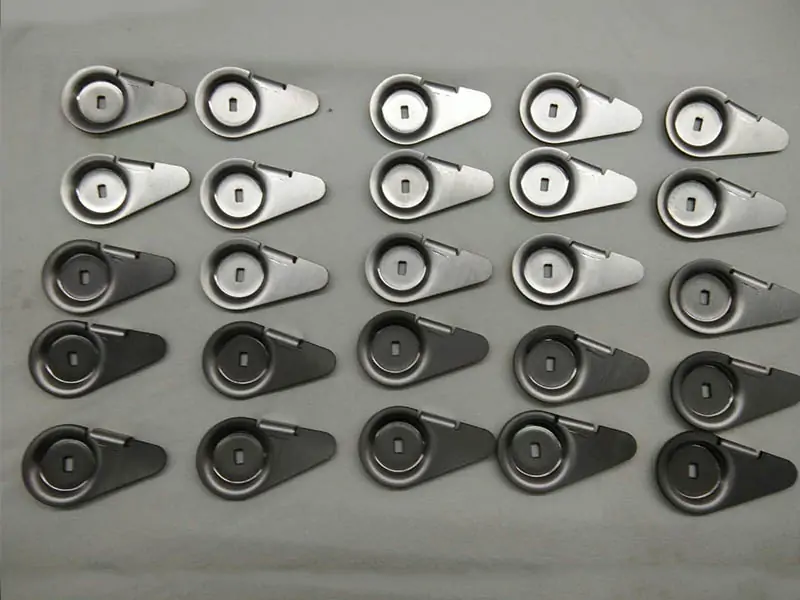Sheet metal fabrication is a fundamental process used in creating everything from automotive parts to industrial machinery. The method involves cutting, bending, and assembling flat sheets of metal to create functional and complex shapes.

What Is Sheet Metal Fabrication?
In sheet metal fabrication, metal sheets are cut, bent, welded, and joined to create a final product. This versatile process allows for the production of parts with intricate shapes, which is essential for industries that require precision and durability, such as automotive, aerospace, and construction.
Applications of Sheet Metal Fabrication:
- Automotive Industry: From car bodies to engine components, sheet metal is used extensively in vehicle manufacturing. The strength and durability of metal are crucial for safety and performance.
- Industrial Machinery: Sheet metal is the primary material used for creating structural components in machinery, ensuring strength and stability.
- Electronics: Custom metal enclosures for computers, servers, and other devices are made using sheet metal fabrication, offering protection while maintaining a lightweight design.
Why Choose Sheet Metal Fabrication?
- Durability and Strength: Parts made from sheet metal are tough and durable, ideal for industrial applications where resilience is needed.
- Precision and Flexibility: Fabrication methods like laser cutting and CNC punching allow for high precision in producing parts.
- Cost-Effective: For medium to large-scale production runs, sheet metal fabrication is a highly cost-effective method, especially for producing metal components in high volumes.
For instance, in the automotive sector, sheet metal is used to create body panels, exhaust systems, and structural supports that need to be both lightweight and strong, providing essential features for vehicle safety and performance.
Conclusions, sheet metal fabrication provides an efficient and precise solution for creating durable, complex parts. It is essential in industries such as automotive, electronics, and industrial machinery, ensuring that parts can withstand demanding conditions.